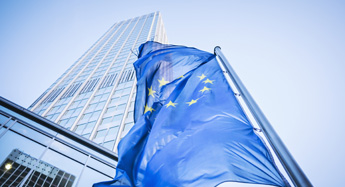Patent ownership in Europe
January 2020
Subject to the rights of any employer, it is the general rule that the deviser of the inventive technology claimed in a patent is entitled to the grant of a patent for that invention1. However, any one or more persons can file a patent application and, in the absence of a third party establishing the contrary, they will be assumed to be entitled to its grant2.
Entitlement to the invention may, however, be transferred to a third party by agreement made before the making of the invention3. The right to a patent may similarly be transferred at any time after the making of the invention whether before or after the filing of the application or its grant. In any case, the inventor retains the right to be mentioned in the granted patent4.
Subject to further development on the issue of inventions made by employees, in France, the right to the patent belongs to the inventor or his successor in title5. The successor in title can be a person to whom the patent application or the patent has been assigned6. The IPC does not provide the assumption, but the invention can also be assigned before any application. The application can be made by the inventor but that is not mandatory7.
In any case, the inventor, whether or not he is an employee, must be named as such in the patent and may also oppose such identification8. If an application has been made by someone who was not authorised to do so, the injured party may claim ownership of the application or of the title granted9.
In Germany, the inventor can apply for patent protection and subsequently own the granted patent. In cases where the inventor is working for a company and the invention qualifies as an employee invention which the employer wants to claim, the employer may file the patent application and subsequently become owner of the patent. The same applies if the inventor has sold his invention to a third party.
Subject to certain exceptions, in the Netherlands the person who filed the patent application will be considered as the inventor and as such be entitled to the grant of the patent for such invention10.
If the applicant has derived the contents of his patent application from something another party already made or applied or is based on third party descriptions, drawings or models without the permission of such third party, the applicant is not entitled to a patent right11.
Like in England and Wales, entitlement to the invention may be transferred to a third party by agreement before making the invention or at any time after the invention is made. Also, like in England and Wales, the inventor retains the right to be mentioned in the granted patent12. Any contractual provision to the contrary is null.
This is a short extract from A Practitioner's Guide to European Patent Law, published by Hart/Bloomsbury (October 2019).
If you have any questions on this article or would like to propose a subject to be addressed by Synapse please contact us.

Contributors
Paul England, Judith Krens (Taylor Wessing), Sara Burghart (Sandoz) and François Pochart (August Debouzy).
"Subject to the rights of any employer, it is the general rule that the deviser of the inventive technology claimed in a patent is entitled to the grant of a patent for that invention."

